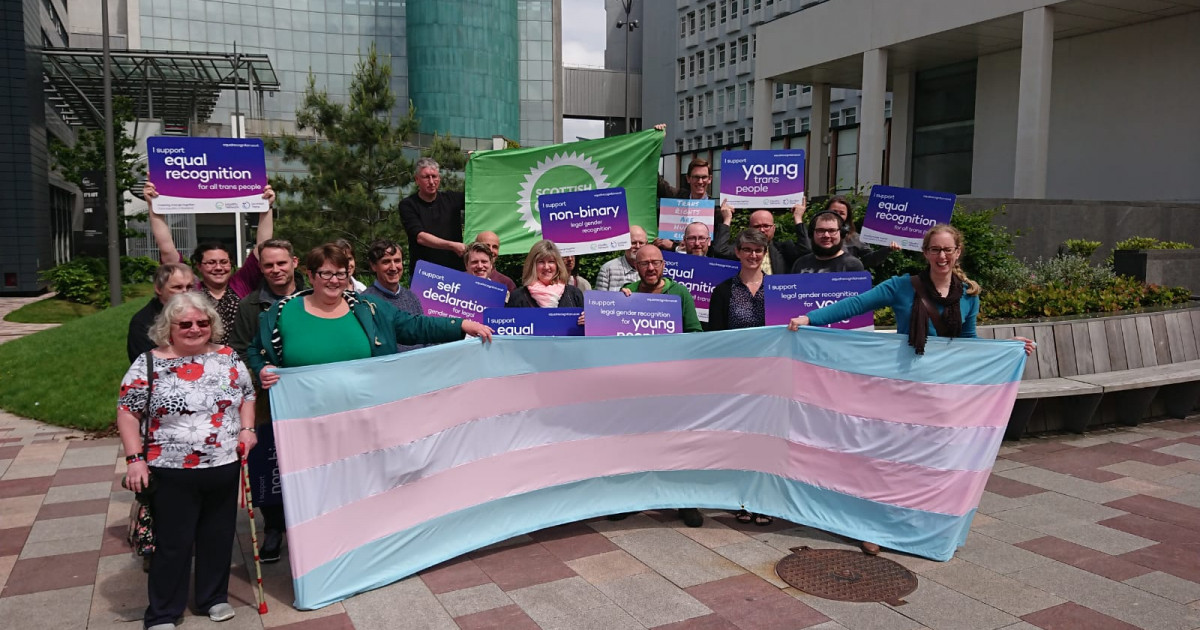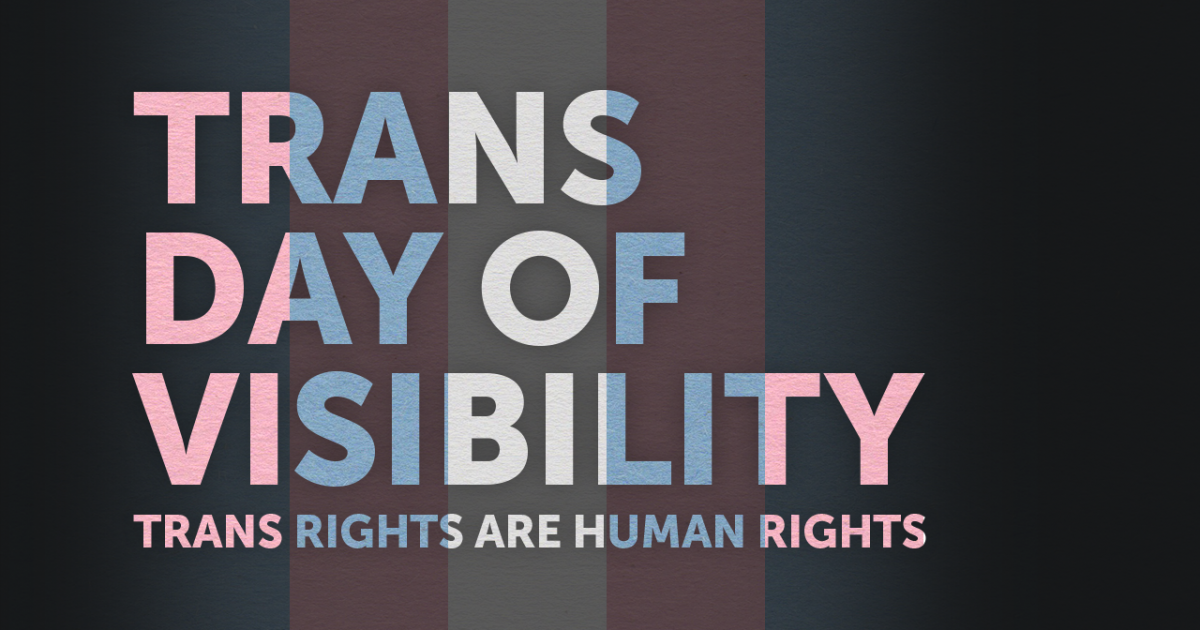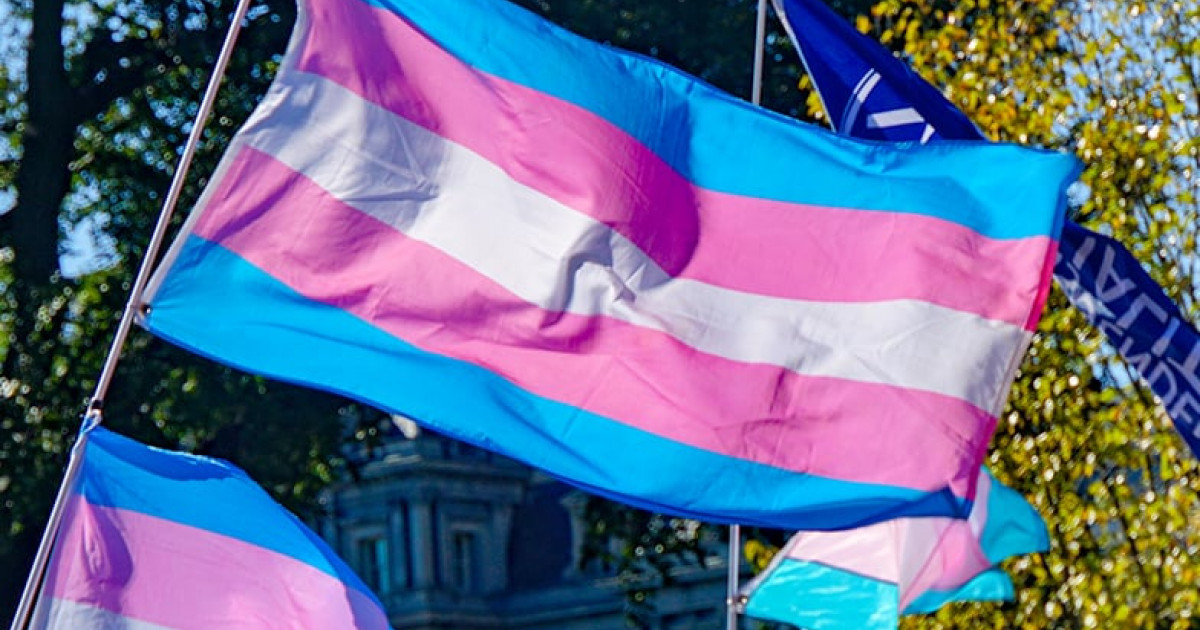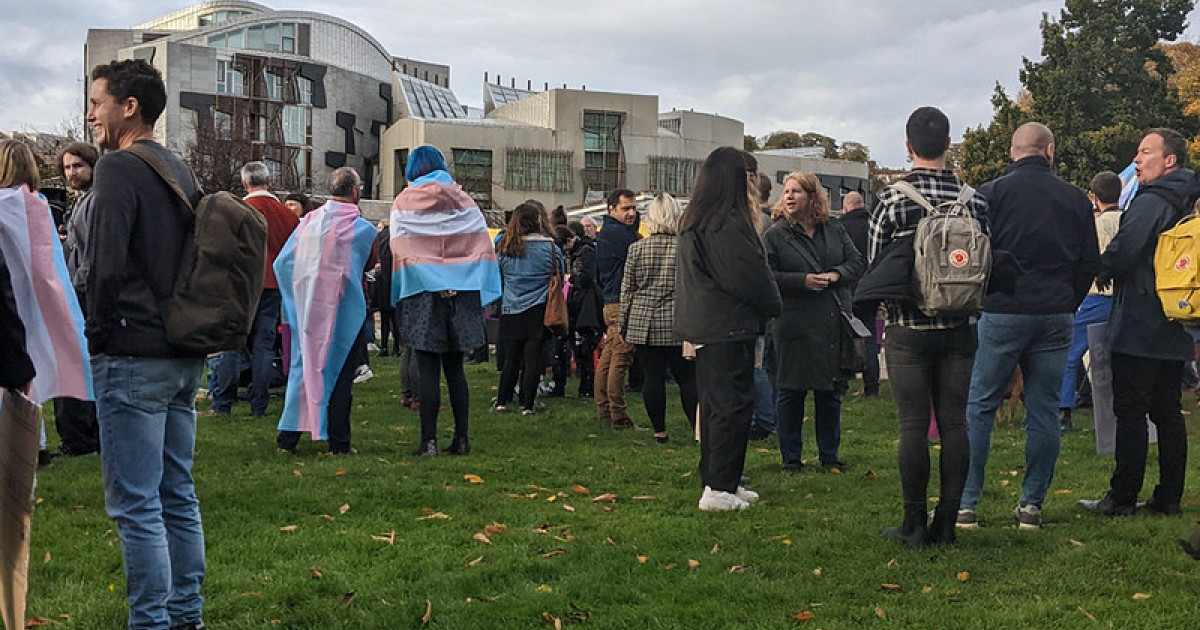
Please join our campaign and write to NHS Greater Glasgow and Clyde asking them to commit to a to a trial of a new Alternative Pathway to Trans Healthcare.
Transgender people face significant barriers in accessing healthcare across Scotland. There are huge waiting times for appointments at Gender Identity Clinics while widespread problems with accessing treatment in the wider healthcare sector have led to significant issues around mental health and self-medication. The pattern of gender identity requirements has also changed since the clinics were established, with more young people requesting support in questioning their identity and with recognition of non-binary identities as valid.
In Glasgow, waiting times at the Sandyford Clinic are currently 36 months just for an initial appointment while research has shown a range of issues with how they work. We are calling for a new Alternative Pathway to Trans Healthcare to be established in Glasgow on a trial basis to allow alternative pathways for treatment and relieve pressure on the current service, following the consultative medicine model being trialled in England.
Background
There are four Gender Identity Clinics in Scotland and the waiting times at the Sandyford Clinic in Glasgow are the longest of any of these, currently around 36 months for an initial appointment and then a further 6-18 months for a follow up appointment before any treatment or medication can begin. This lengthy waiting time means that many trans people end up self-medicating or accessing expensive private healthcare (1). This can lead to people being pushed down illegal routes to get the medication they need from abroad, or buying medication online from questionable sources. As we see with many barriers in healthcare, this doesn’t stop people accessing the treatment they need, it simply stops them accessing it safely.
We can also see, from research commissioned by NHS Greater Glasgow and Clyde themselves, the impact that waiting times have on mental health.
“mental health problems could subsequently be significantly exacerbated by the lengthy waiting period to access the services at Gender Identity Clinics which itself caused both depression and anxiety as trans people felt in limbo and unable to proceed with their medical transition. Moreover, trans people frequently said they avoided seeking help for mental health problems for fear that this would be used as a reason for refusing or delaying access to medical transition” (1)
Even if waiting times were tackled, there is still a high level of dissatisfaction with how the existing Gender Identity Clinic works. This research lists a range of issues which cause frustration and distress, including correspondence being addressed to a person’s previous name/gender identity, even after repeated corrections. There is also evidence from those who have accessed it that they are afraid that revealing important information will negatively impact their chances of appropriate treatment.
This is particularly true for non-binary people who Gender Identity Clinics have been slow to recognise. They have tended to be prescriptive in requiring patients to accept a single pathway to complete transition with little acceptance for questioning to understand the patient’s own needs. This has led to patients feeling the need to conceal uncertainties and present an identity that conforms to a conservative pattern of femininity or masculinity. As one person reportedly stated - “It’s easier to pretend I’m binary.” (1)
NHS Greater Glasgow and Clyde’s own research states that greater investment is required in trans healthcare.
“Demand for the GIC service in Edinburgh and Glasgow clearly outstrips capacity and the evidence suggests that the long waiting times and inefficiencies of the service are hugely frustrating to the trans men, trans women and non-binary people who use them… The findings suggest are [sic] that investment is needed in the GIC to improve capacity and service provision” (1)
However, we believe that simply investing in the current system is not the way forward when the report also shows that there are many problems in how it works and a lack of trust from many trans people in the service they provide.
We are asking for a commitment to establish a new Alternative Pathway to Trans Healthcare on a trial basis, following a consultative medicine model which will allow trans people to get the treatment they need rather than being forced down pathways which don’t suit them. There are currently trials in England such as the Indigo Gender Service (2) in Greater Manchester and the TransPlus service (3) in Soho. We recognise that budgets are stretched across the whole of the NHS at present. But finding new ways to deliver these services outside of the current model is not only urgent to ensure that trans people get the healthcare they need, but will also save the NHS money by moving trans healthcare out of being delivered exclusively in expensive, specialist clinics.
(1) https://www.stor.scot.nhs.uk/handle/11289/580258
(2) https://www.gmcvo.org.uk/system/files/AB%20Indigo%20Gender%20Service%202020-09-11.pdf
(3) http://wearetransplus.co.uk/



